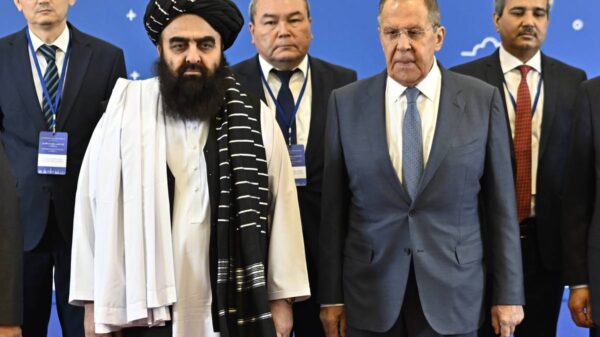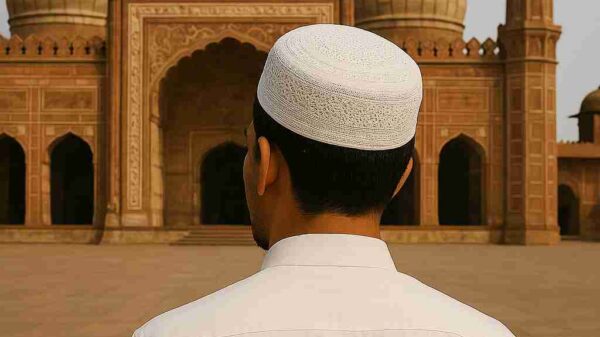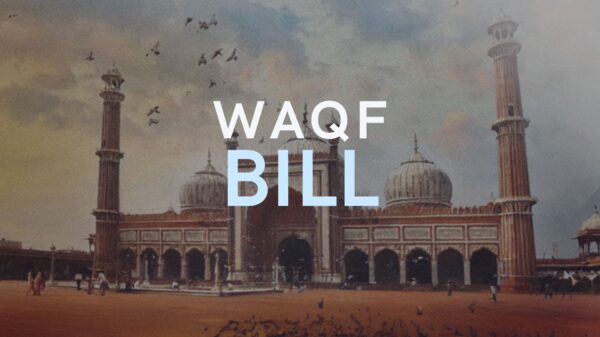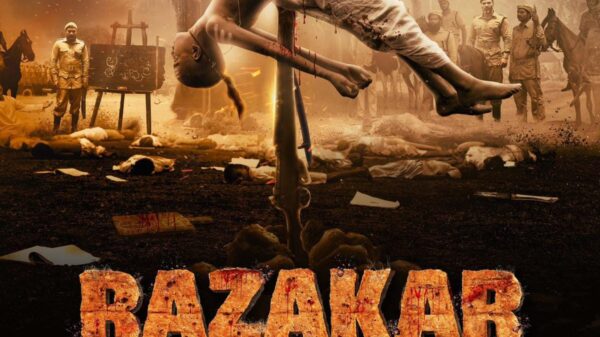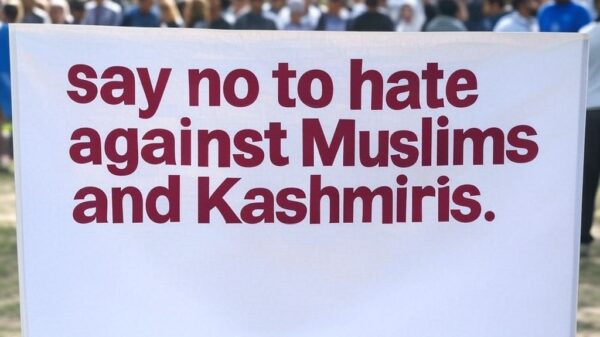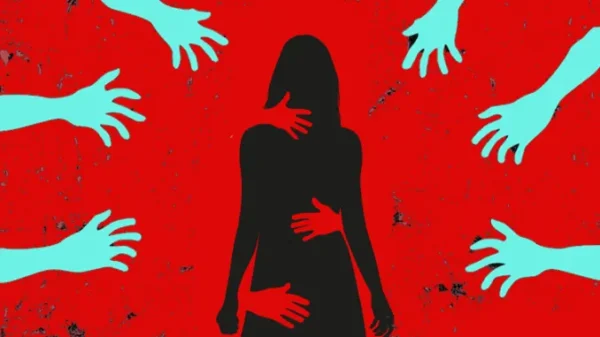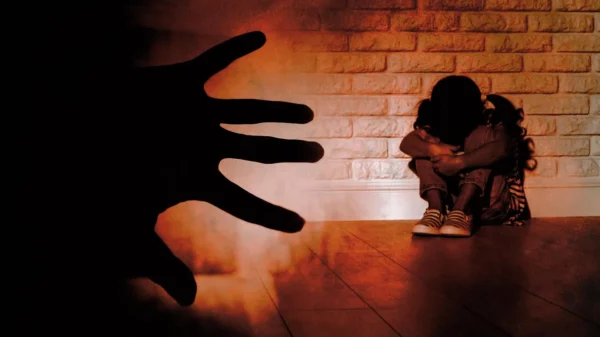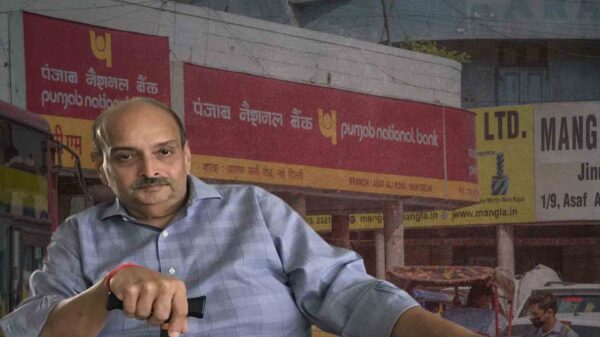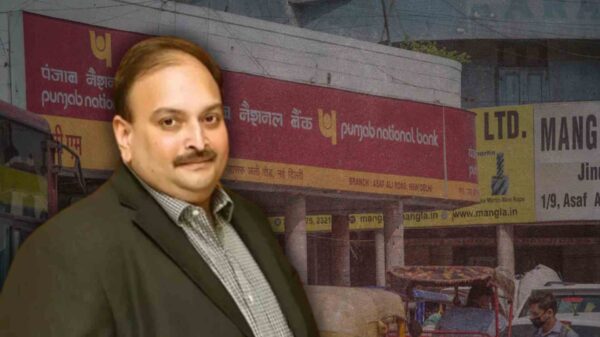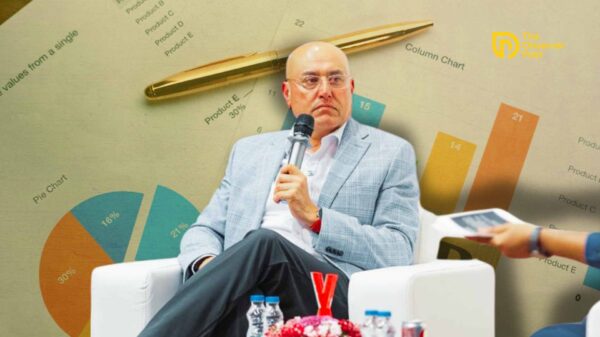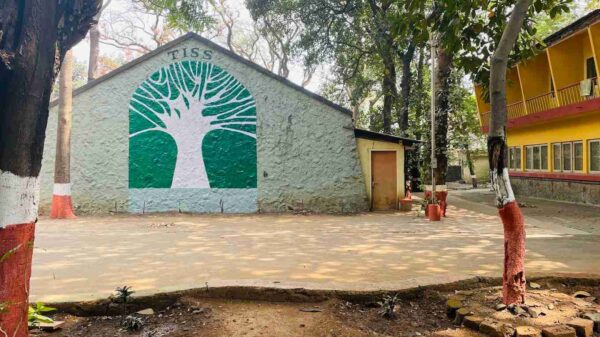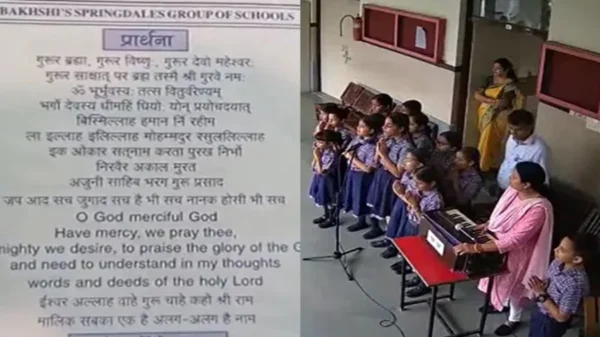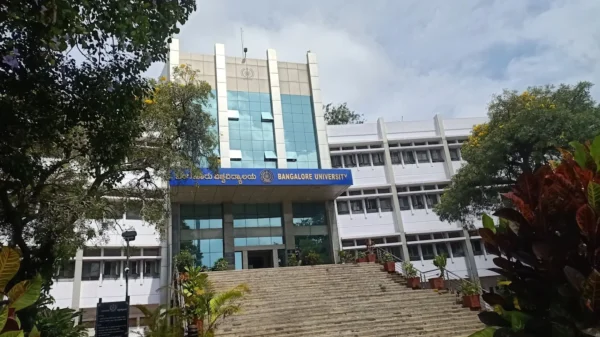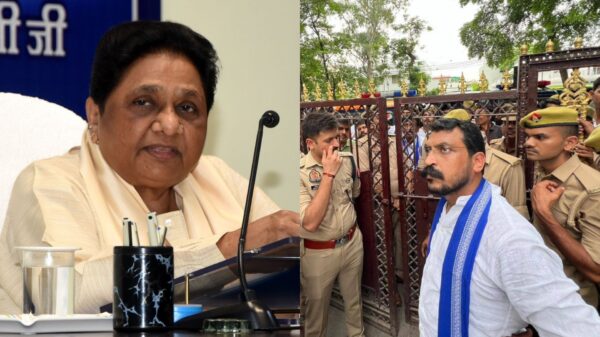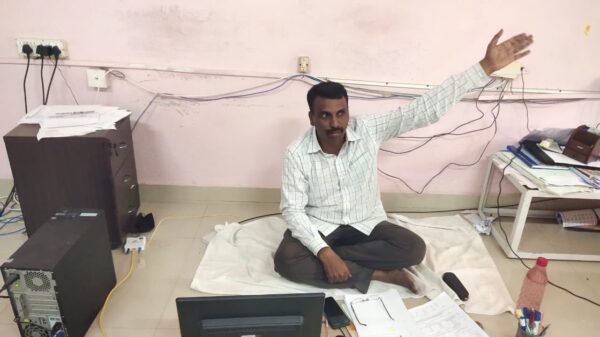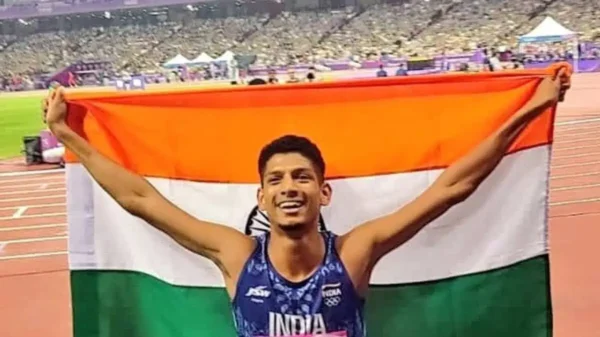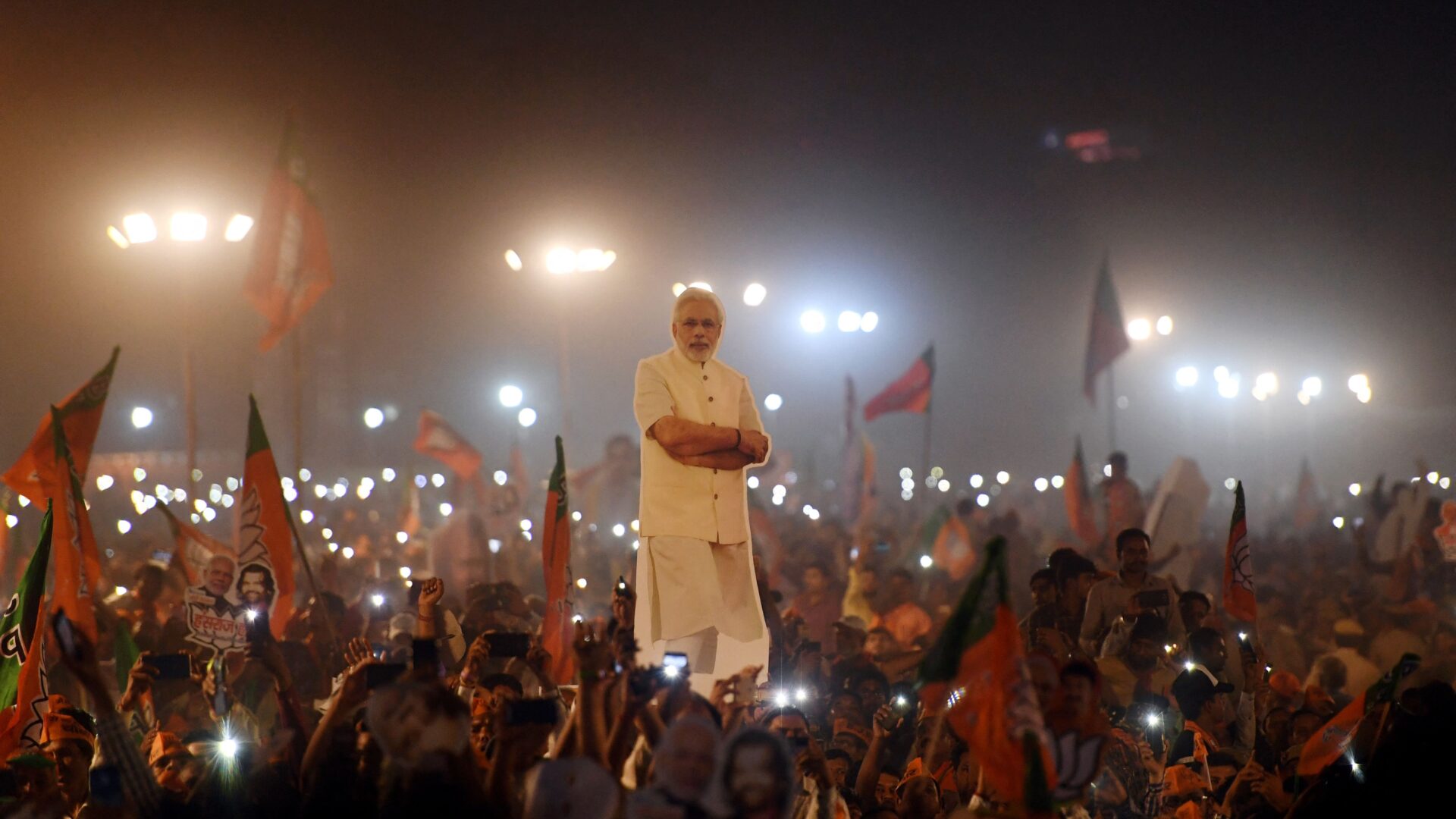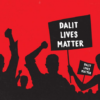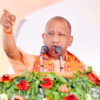Recently, a report by the Sweden-based Varieties of Democracy Institute (V-Dem) labeled India as an “Electoral Autocracy” over the past decade.
The Transitional effect from “world’s largest democracy” has been downgraded into an “Electoral autocracy” under the leadership of the BJP-led government since 2014. The V Dem report comes after the US government -funded Freedom House changed India from ‘Free’ to ‘Partly Free’.
According to the report, which was released last Thursday, the gradual deterioration of democracy began with the leadership of Narendra Modi who used laws on sedition, defamation and counter-terrorism to silence critics.
From the survey of Liberal Democracy Index of 2023, India ranked at 104 out of 179 countries. with the recent case of Chandigarh Mayoral election, tampered with ballot papers termed as ‘Mockery’ and ‘Murder of Democracy’.
In addition, as per the data of “World Press Freedom Index” published by ‘Reporters without Borders’, India ranked 161 out of 180 countries.
The imposed censorship on the press is evidenced by CBI and Enforcement Directorate (ED) raids on independent news outlets such as ‘News Click’ and ‘The Kashmir Walla,’ aiming to stifle press freedom.
Furthermore, journalists who have attempted to question or critique the policies of the central government have been deliberately charged under the Unlawful Activities (Prevention) Act (UAPA), including Aasif Sultan, Siddique Kappan, Muhammad Zubair, Fahad Shah, and Prabir Purkayastha.
Moreover, the recent controversy over a security breach in Parliament, where approximately 90 opposition MPs were suspended for questioning the ruling government, portrays Zero accountability and intimidation from opponents.
Over the past year, leaders from opposition parties, including Hemant Soren (CM of Jharkhand), Manish Sisodia (Deputy CM of Delhi), Arvind Kejriwal (AAP leader), Tejasvi Yadav (RJD leader), and M.K. Stalin (CM of Tamil Nadu), has been subjected to raids by the CBI and ED, actions perceived as the agencies acting as extensions of the ruling government.
In addition, the inauguration of the Ram Temple in Ayodhya, on January 22nd, significantly influenced BJP’s electoral strategy, aimed at consolidating Hindu majoritarian support ahead of the upcoming Lok Sabha elections and promoting a vision of a “Hindu Rashtra” adorned with saffron flags over the Indian tricolor and chants of “Jai Shree Ram,” signaling a significant shift in the country’s secular fabric.
V-Dem has also criticized India’s handling of protests against the Citizenship Amendment Act (CAA), noting detentions, post CAA protests, violating the constitutional rights of citizens and being discriminatory in terms of religion.
The detention of students following the screening of a BBC documentary in universities like JNU underscores the government’s autocratic tendencies, suppressing opposition voices, youth activism, and media freedom, alongside compromising the Election Commission’s autonomy.
The analysis of the electoral-bonds scheme as reported by The Hindu, reveals that the BJP-led government received nearly 55% of the funds in 2023, with the Congress securing 9.3%, raising questions about the transparency of election financing.
The institute’s publication further warns against the ruling BJP’s potential victory in upcoming elections, undermining substantive democracy, and pushing the nation towards autocratization.












